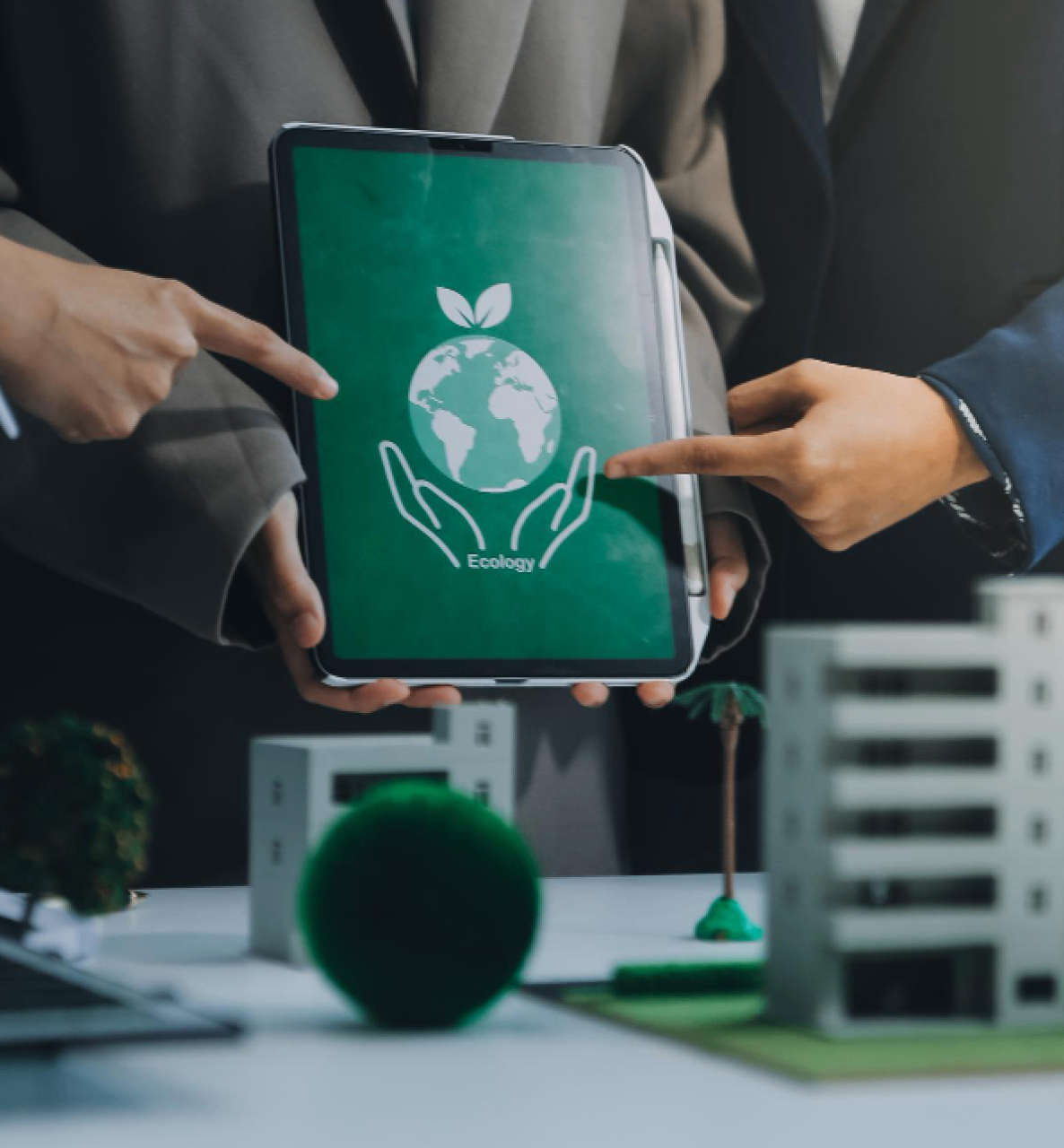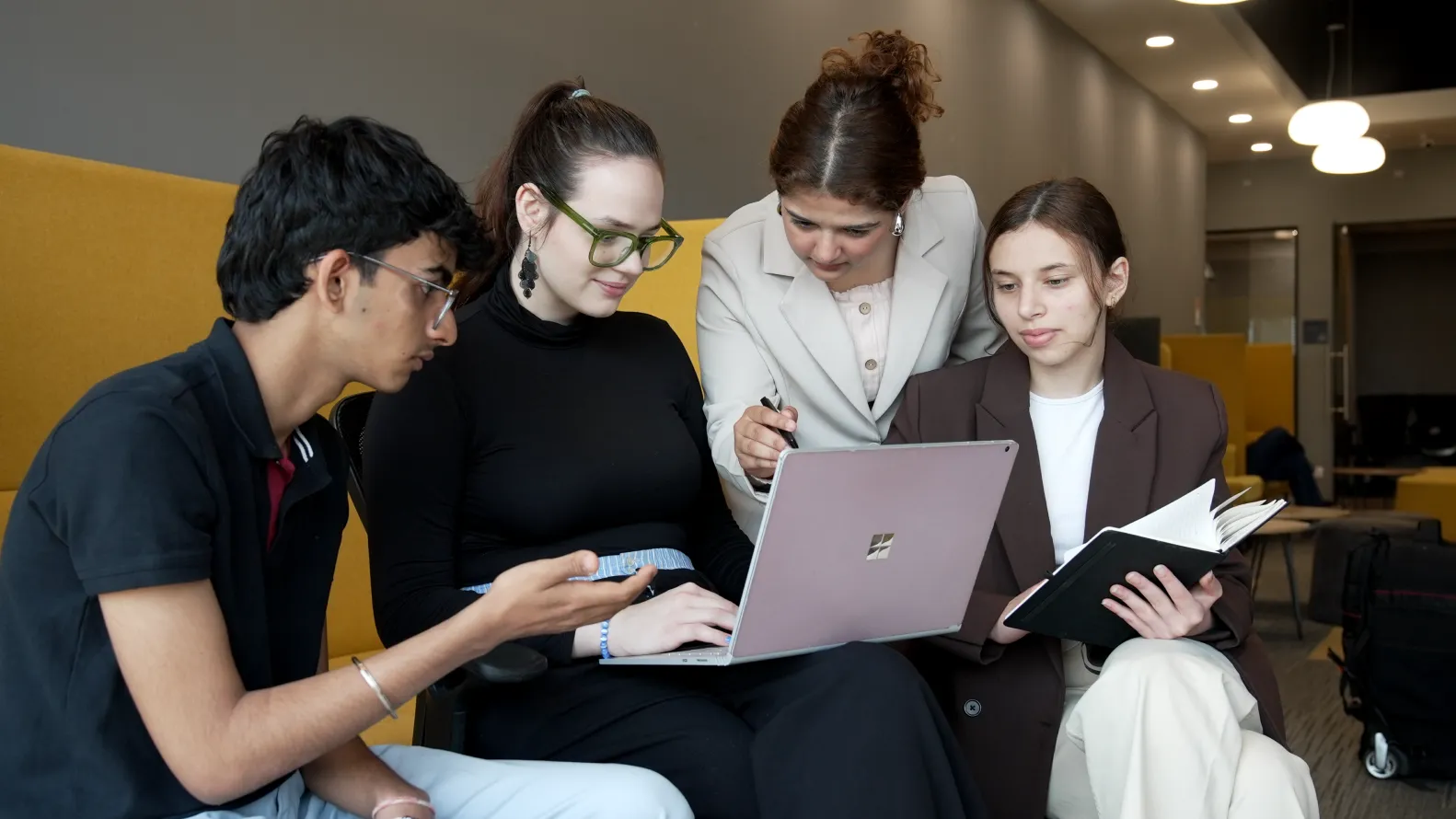Round 2 Deadline: 16th March 2026
Apply Now





Table of Contents
How Tetr College of Business equips future leaders to integrate sustainability into core strategy through hands-on, global learning experiences.
In today's global economy, sustainability has evolved from corporate social responsibility to strategic necessity. ESG investing has surged to $30 trillion globally, as markets recognize that environmental responsibility, social impact, and governance transparency drive long-term value creation.
Complementing ESG is the philosophy of conscious capitalism, which advocates that businesses thrive best by serving all stakeholders, employees, customers, suppliers, investors, and communities. This approach aligns closely with the United Nations Sustainable Development Goals (SDGs), a comprehensive framework adopted globally to tackle major challenges like poverty, inequality, climate change, and responsible consumption by 2030. Businesses aligning their operations with the SDGs not only contribute to global well-being but also find innovative ways to achieve competitive advantages.
Several brands exemplify this successful integration of sustainability into their core business models. IKEA has committed to becoming climate positive by 2030, investing heavily in renewable energy and circular economy principles. The furniture giant now designs products for reuse and recyclability, proving that environmental stewardship can enhance, not hinder, profitability.
Similarly, The Body Shop has built its entire brand identity around ethical business practices and sustainability. As pioneers of cruelty-free beauty products, they've championed animal welfare since their founding, refusing to test on animals when it was still industry standard. Their Community Trade program sources ingredients directly from marginalized communities worldwide, ensuring fair wages and sustainable development. Their success proves that ethical commitments can become powerful differentiators in competitive markets.
Patagonia, an outdoor clothing company, is another standout example. The outdoor clothing company pledges 1% of all sales to environmental causes and has pioneered bold initiatives that challenge traditional retail models. Their famous "Don't Buy This Jacket" campaign encouraged customers to repair rather than replace products, while their Worn Wear program facilitates the resale of used gear.
Unilever, one of the largest consumer goods companies globally, integrates sustainability across its vast product lines through its Sustainable Living Plan. The company aims to halve its environmental impact while doubling business growth, tackling areas such as water use, waste reduction, and responsible sourcing.
Recognizing this global shift, Tetr College of Business integrates sustainability deeply into its curriculum, particularly highlighted during Term 6, located in Argentina. This term offers students direct immersion in sustainability-driven ventures and projects. Students work hands-on with companies focusing on renewable energy, sustainable agriculture, and innovative green technologies, gaining practical insights and first-hand experiences in sustainable business models.
During their time in Argentina, Tetr students engage with businesses and NGOs that actively address climate change and resource conservation. They are tasked with launching their own sustainability initiatives that aim to offset carbon emissions, implement efficient rural marketing strategies, and leverage technologies such as machine learning to enhance sustainable outcomes.This approach doesn't merely teach students about sustainability, it empowers them to become active participants in creating meaningful environmental impact.
For future business leaders, understanding sustainability is not optional, it's essential. The next generation of entrepreneurs and executives must think green, as businesses increasingly face scrutiny from consumers, regulators, and investors demanding ethical and sustainable operations. By emphasizing sustainable practices, Tetr ensures its students are prepared not just to navigate but to lead in an evolving global marketplace where environmental stewardship and economic success go hand-in-hand.
Ready to make sustainability the cornerstone of your career? Explore our programs and become part of the generation shaping a greener, more sustainable future.